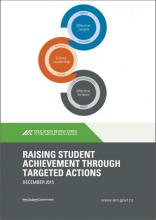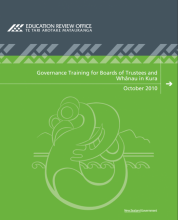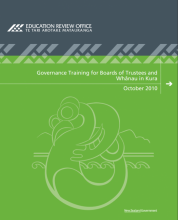E whakatinana tonu nei te rāngai mātauranga reo Māori i te manawanui
I Aotearoa nei, i tino raru te rāngai mātauranga reo Māori i te horapatanga o te Mate Korona, i kati ai ngā tatau o ngā kura, i mate ai hoki ngā whānau me ngā kaiako ki te tīni i ā rātou mahi ki te whakaako ki te kāinga me te ako tawhiti.
Ko tētahi raru i roto i te huhua, ko te korenga o ngā taputapu matihiko me ngā rauemi, ka mutu ko ngā hapori Māori ērā i rongo i te korekore rawa atu nei.









